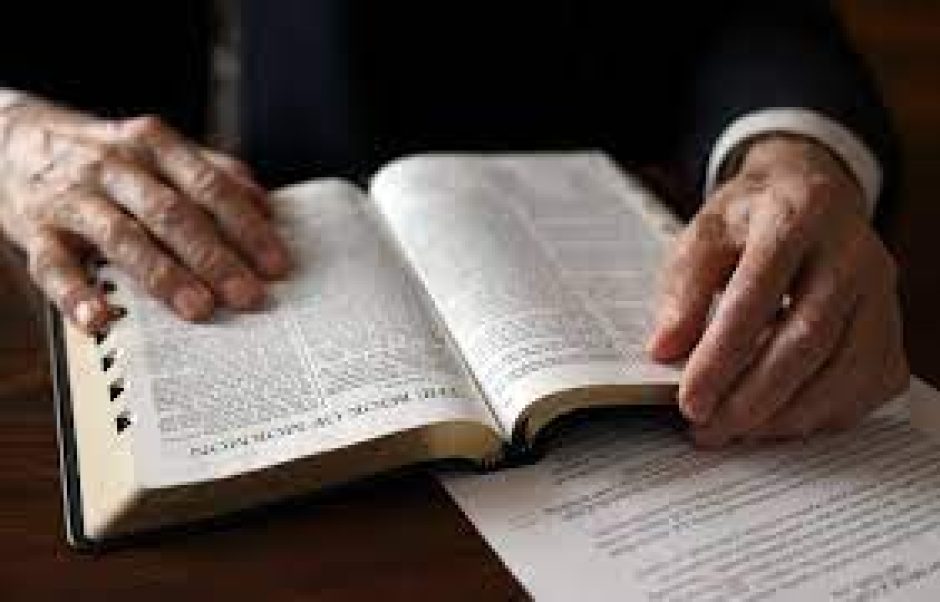Click here for Table of Contents
One of the Bloggernacles’ frequent topics is the priesthood ban. I haven’t paid much attention to this issue because it was resolved in 1978; at least that’s how I see it. But for others; many who weren’t even born, or were children in 1978, the priesthood ban seems to be a source of difficulty—a stumbling block to their faith.
Before moving forward, I don’t claim to have any special insight into this subject. My sources are the scriptures and the words of the living prophets—sources all church members have available to them. If someone can use the scripture to show me that what I’ve written is in error, I invite them to do so; I am interested in the truth.
First, a few question to orientate our thinking:
1. Who is the head of the church?
For believing members there can only be one answer—Jesus Christ (3 Nephi 27:8).
2. Does the Lord inspire and lead His chosen prophets?
The scripture answer this question in the affirmative. (1 Nephi 22:2, Amos 3:7).
3. Can a prophet of the Lord err—be fallible?
The scriptures give clear understanding they can, and have. (D&C 1:24-28).
4. Will the Lord permit a fallible prophet to frustrate His will?
No.
The works, and the designs, and the purposes of God cannot be frustrated, neither can they come to naught. D&C 3:1
5. Has the Lord intervened when a prophet erred on an important doctrinal matter because of the culture they lived in?
Yes, Peter was taught by the Lord in a dream/vision to take the gospel to the Gentiles (Acts 10:9-16). This was contrary to Jewish culture, and the Saviors own teachings when He was with His disciples (Matt 10:5-6). He told them not to go to the Gentiles, but now the Lord was sending the gospel to all men. The Lord intervened at this time because it was His will that the Gentiles receive the gospel.
Summary
Based on these scriptures, it reasonable to believe the Lord could have intervened to overrule the ban on blacks and the priesthood early in church history, but it wasn’t His will to do so until 1978.
The ban isn’t the central issue—in my opinion. The central issue is understanding how the Lord works with His fallible prophets to accomplish His will. I believe the Lord is very close to His prophets. He isn’t an absentee Deity. I don’t see any reason, based on the scriptures, to conclude the Lord’s will is ultimately frustrated because of fallible prophets. That would be equivalent to the tail wagging the dog. The history of the priesthood ban doesn’t need to be a difficult subject to deal with. This is especially true for those who have studied the scriptures and thereby understand the “dealings” of the Lord.
Conclusion
The priesthood ban will continue to be a controversial part of church history for some members. I hope those who fall into that camp will have their testimonies grounded and rooted in gospel essentials. If they do, then they will be safe while they wait on the Lord to answer their prayers regarding this aspect of church history.
Click here for Table of Contents
